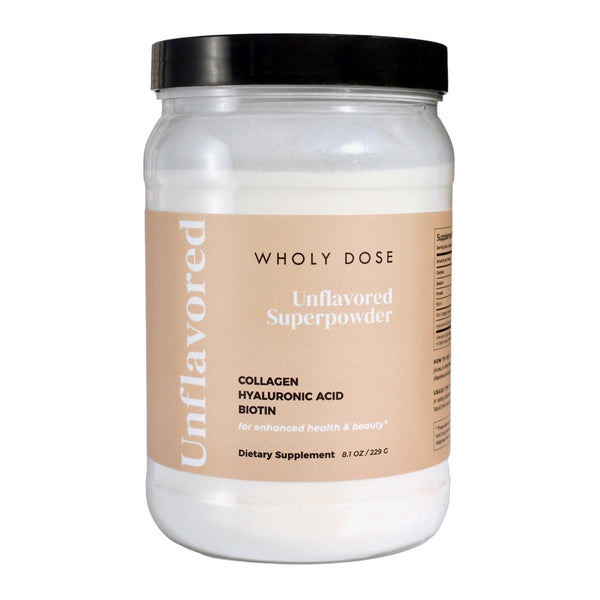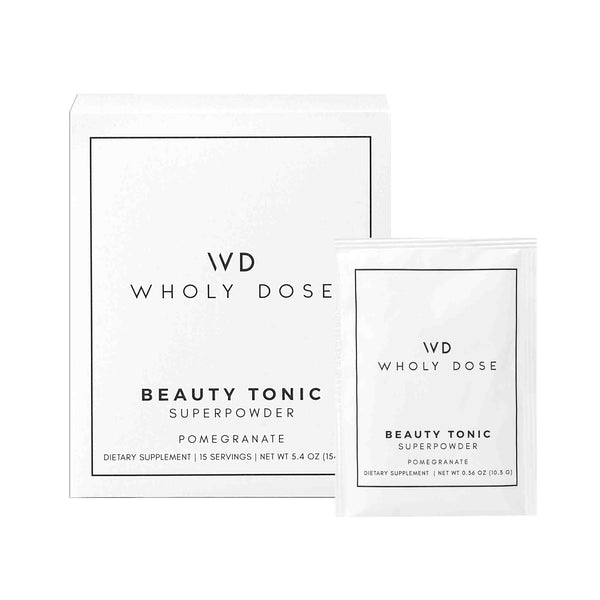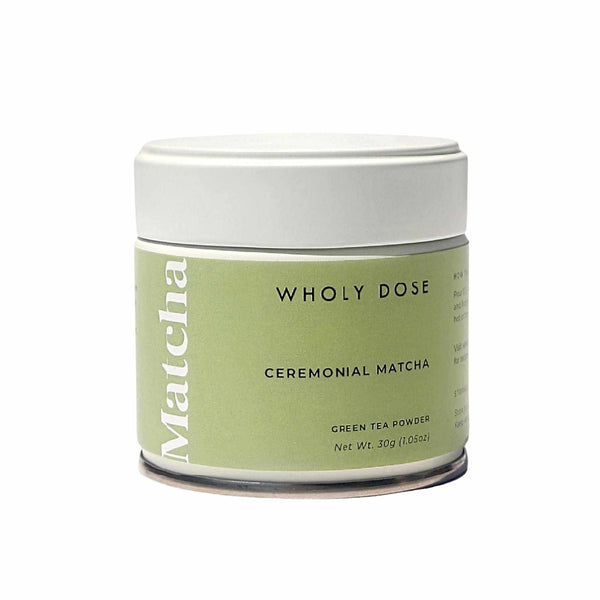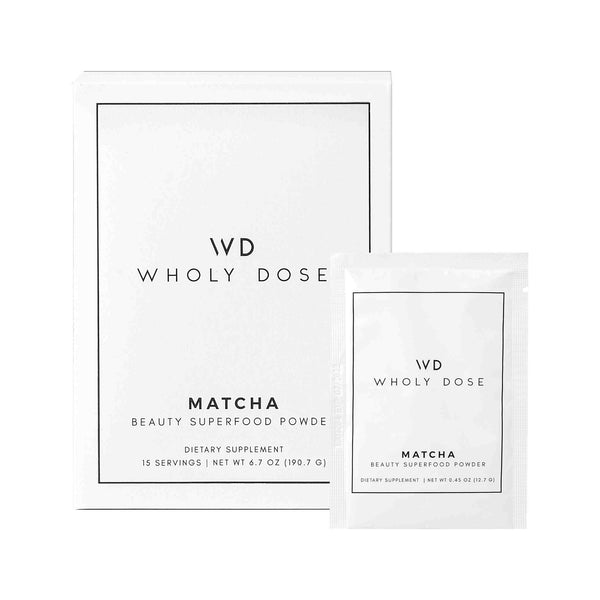
Are Collagen Peptides Good On the Keto Diet?
The ketogenic (keto) diet has recently become very popular with its high-fat, low-carb diet that comes with many promising benefits. Though many have experienced these great benefits while on the keto diet, reaching ketosis – the key to reaching these great benefits – is not easy.
Ketosis is the state in which the body is able to burn fat instead of glucose for energy, while producing ketones in the process. A common mistake during a ketogenic diet is the amount of protein you eat: if too much protein is consumed on a keto diet, it can prevent your body from going into ketosis, since the body creates glucose from protein.
That leaves us with a vital question, “Will collagen peptides affect your keto diet and prevent you from going into ketosis?” This article will tell you all you need to know when it comes to collagen and keto.
But first, let’s cover what is a keto diet.
What is the Keto Diet?
The keto diet is when you eat high-fat, low-carb foods (and no added sugar), to increase fat burning. By cutting out a majority of your carb intake while increasing your high-fat intake, your body goes into a state of ketosis. Common foods on the keto diet include:
– Meat
– Fish
– Eggs
– Avocados
– Non-starchy vegetables
– Nuts and seeds
– Oils
Let’s cover ketosis further.
Ketogenesis (ketosis) is the process of when your body creates energy from breaking down certain amino acids and fatty acids. Normally, and when our bodies are not in ketosis, our bodies normally break down carbohydrates, like fructose, glucose, and sucrose, and convert them into energy for proper functioning. When the body is deprived of carbohydrates, it alternatively creates energy through ketones, which is the byproduct from the breakdown of fatty acids.
When your body is in ketosis, it utilizes fat for energy instead of carbs. This can result in weight loss, a leaner and healthier physique, and more sustained energy – as well as improve lean muscle mass.
How Does The Keto Diet Work?
When you don’t consume glucose – the sugar found in carbohydrates – your body turns to stored fat for energy. This is one reason why the keto diet often results in weight loss, because your body is forced to burn fat for energy. However, the body burns glucose whenever it can, which is why keto diets are low in carbohydrates.
It isn't only carbohydrates that can create glucose in the body. The body also creates glucose from proteins through a process called gluconeogenesis.
In this process of gluconeogenesis, the body reverts to burning glucose rather than fatty acids, meaning that you're no longer in a state of ketosis. This is why excessive protein intake on the keto diet is to be cautioned, and why the keto diet differs from traditional low-carb diets.
This is where collagen peptides come in and why you should take collagen on a keto diet.
What Are Collagen Peptides?
Collagen peptides are essentially collagen but broken down. Let’s take a look at what collagen peptides are and the benefits of collagen peptides.
Collagen is the most abundant protein in the body and has many important functions. It is formed of amino acids (such as glycine and proline) which are the building blocks of protein. Collagen is essential to the functioning of your body – particularly, your connective tissue, skin, gut, joints, bones, and muscles.
Your body's collagen production declines as you get older, starting in your early to mid 20's. By the time you hit your 50’s or menopause, you lose about 30% of your body’s total collagen levels.
Taking collagen peptides supplements provides many benefits like glowing skin, reduced wrinkles, skin hydration, skin elasticity, joint pain, digestive issues, bone health, strengthens hair and nails, and improves lean muscle mass.
Is Collagen Keto Friendly?
Collagen is a protein, and just like any type of protein, consuming too much of it will cause your body to go from a fat-burning state to a glucose-burning state.
However, collagen has many benefits that are important for keto dieters, including its abundant amount of amino acids that are often lacking in modern diets.
Collagen peptides are keto friendly, but only if they do not contain added sugar and if you take the recommended collagen dosage, which is between 5-15 grams per day.
Keep in mind that not all collagen supplements are created equal. Do your research before buying a collagen peptide supplement and look for things like:
– Grass-fed
– Pasture-raised
– Organic or non-GMO
– Wild caught or freshwater raised
– No added sugar
– No fillers or additives
KETO-FRIENDLY COLLAGEN PROTEIN POWDER
BOOST YOUR KETO DIET WITH COLLAGEN
Can Collagen Disrupt Ketosis?
The amount of protein found in a typical serving of collagen peptides is not enough to kick you out of ketosis. If you want to ensure staying in ketosis, add healthy fats to your collagen drink like coconut oil, grass-fed butter, or ghee butter.
Try blending a collagen supplement like Wholy Dose collagen powders into coffee or smoothies, along with healthy fats from avocado, coconut oil, ghee butter, MCT oil, or nuts.
What Is The Best Collagen For The Keto Diet?
When it comes to the ketogenic diet, adding collagen peptides is a must-have. As for finding the top, best collagen peptides powder (or collagen supplement) for your keto diet, consider Wholy Dose’s line of collagen powder supplements – which are clean, pure, contain zero sugar or fillers, high in protein, and keto-friendly.
BEAUTY TONIC Superpowder is another collagen drink to consider, especially if you crave sweets on your keto diet. This collagen drink powder is fruity in flavor, contains no added sugar, and helps satisfy your sweet tooth while giving you a refreshing, keto-friendly flavored drink.
Although Wholy Dose’s collagen powders don't contain added sugars or fillers, some other brands do – so, read the label to make sure there isn’t sugar added or fillers in your collagen products.















